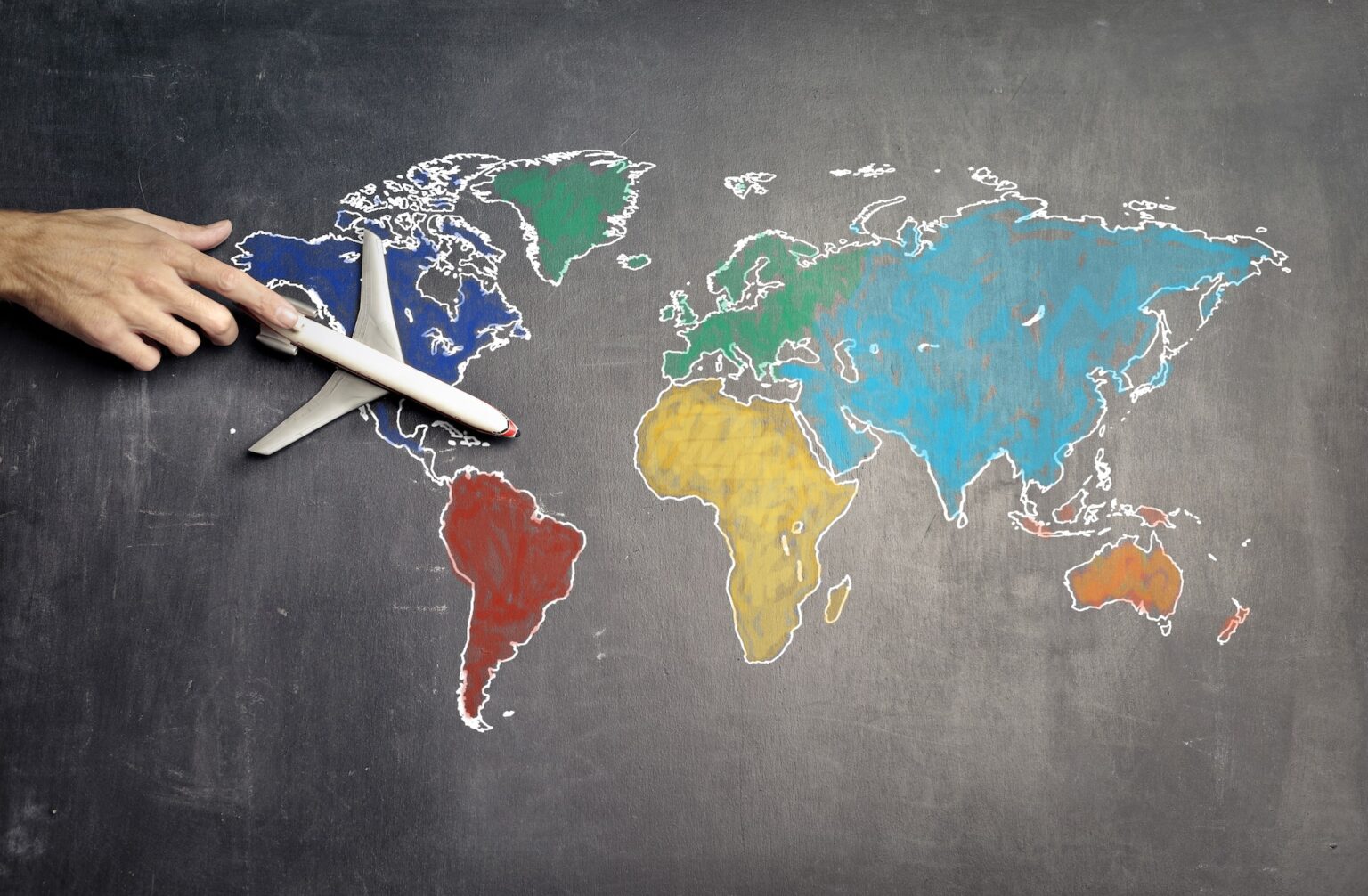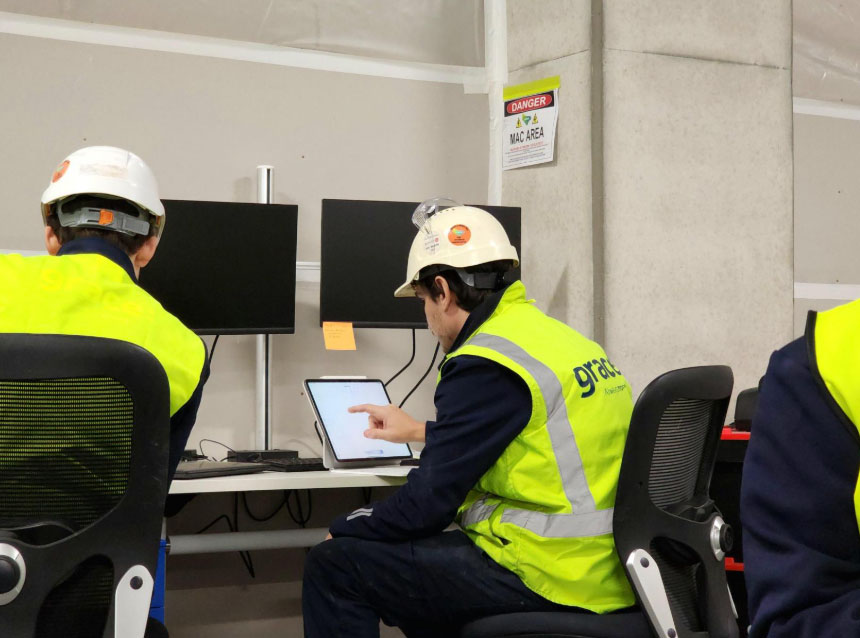In today’s globalised business environment, companies are increasingly expanding their operations beyond national borders. This expansion is not just about extending reach, but about harnessing global talent and creating a diverse, inclusive workforce. One of the key aspects of this expansion is the ability to move employees internationally. However, managing this process can be complex and challenging without a well-structured global mobility policy. It requires strategic planning, clear communication, and continuous support at every stage.
At Grace Corporate Services, we understand the challenges and we’re here to help. Here, we share 10 tips to help you create an effective global mobility policy for your business.
1. Define clear objectives
The first step in creating a global mobility policy is to clearly define what you hope to achieve. Are you aiming to develop talent within your organisation? Are you targeting business growth in new markets? Or perhaps you’re seeking to enhance diversity and cross-cultural understanding in your workforce. By defining clear objectives, you can ensure that every aspect of your policy supports these goals.
2. Understand local regulations
Each country has its unique set of employment and immigration laws. It’s vital to understand these regulations before sending employees abroad. Having the knowledge of local labour laws, visa requirements, social security agreements, and more can prevent legal complications down the line.
Failing to comply with local laws could result in penalties, damage to your reputation, or even the expulsion of your employees. Therefore, it’s crucial to have a thorough understanding of these rules or work with a trusted partner who can guide you through this complex landscape to ensure compliance and smooth operations.
3. Consider tax implications
Taxation is a complex issue when dealing with international assignments. Employees working overseas may be subject to taxation in both their home and host countries. Understanding tax implications can contribute to better decision-making regarding assignment locations, compensation packages, and overall cost management. It’s essential to involve tax experts in the early stages of policy development to ensure compliance with all relevant tax laws. This will also help you design strategies to minimise tax liabilities for both your company and your employees.

4. Prioritise employee support
Transitioning to a new country can be a daunting experience for employees. Offering comprehensive support can make this process smoother and more comfortable. This can take various forms, such as relocation assistance, cultural training, language classes, and psychological support. By prioritising employee support, you can boost their morale and engagement, leading to higher productivity and success rates in international assignments. Ensuring your employees feel valued and supported not only enhances their performance but also fosters loyalty and aids in retaining talent within your organisation.
5. Create a fair compensation package
Designing a comprehensive and fair compensation package is a critical aspect of your global mobility policy. This package should consider cost of living differences between home and host countries, hardship allowances for assignments in challenging locations, and tax equalisation to prevent double taxation. A well-structured compensation package will ensure that your employees are fairly rewarded for their efforts and can maintain a comfortable lifestyle while abroad.
6. Plan for family needs
If an employee is moving with their family, considerations such as schooling, spouse employment, and housing become crucial. Providing assistance in these areas will not only ease the transition for your employees but also increase the likelihood of mobility success. After all, happy families lead to happy employees. By showing this level of care and support for your employees’ personal lives you can greatly enhance their sense of belonging and commitment towards the company, ultimately cultivating a more positive and productive workplace culture.

7. Establish a robust repatriation process
Repatriation is the process of returning home after an international assignment, which can be as challenging as the initial move abroad. Employees often face reverse culture shock, career uncertainty, and readjustment challenges. A robust repatriation process that includes career planning, reintegration support, and debriefing can help manage these issues and ensure a smooth transition back home. Recognising and valuing the skills and experience gained during their international assignment can also contribute to the employee’s continued engagement and job satisfaction post-repatriation.
8. Leverage technology
In the digital age, technology can be a powerful tool in managing global mobility. HR tech solutions can streamline administrative tasks, manage compliance, provide real-time data tracking, and offer employees easy access to information and support services. Utilising technology can significantly enhance the efficiency of your global mobility program.
9. Regularly review and update your policy
Global mobility is a dynamic field. Laws change, market conditions evolve, and business needs shift over time. Regularly reviewing and updating your policy ensures it remains relevant, compliant, and effective. This could involve tracking industry trends, soliciting feedback from employees, and conducting periodic policy audits. Staying informed about technological advancements and incorporating appropriate digital tools can further streamline the mobility process and enhance the overall experience for your employees.
10. Partner with experts
Creating and managing a global mobility policy is a complex task that requires specialised knowledge and expertise. Partnering with experts like Grace Corporate Services can help you navigate the complexities of global mobility. Our team of professionals can provide guidance on policy development, compliance management, employee support services, and much more.




